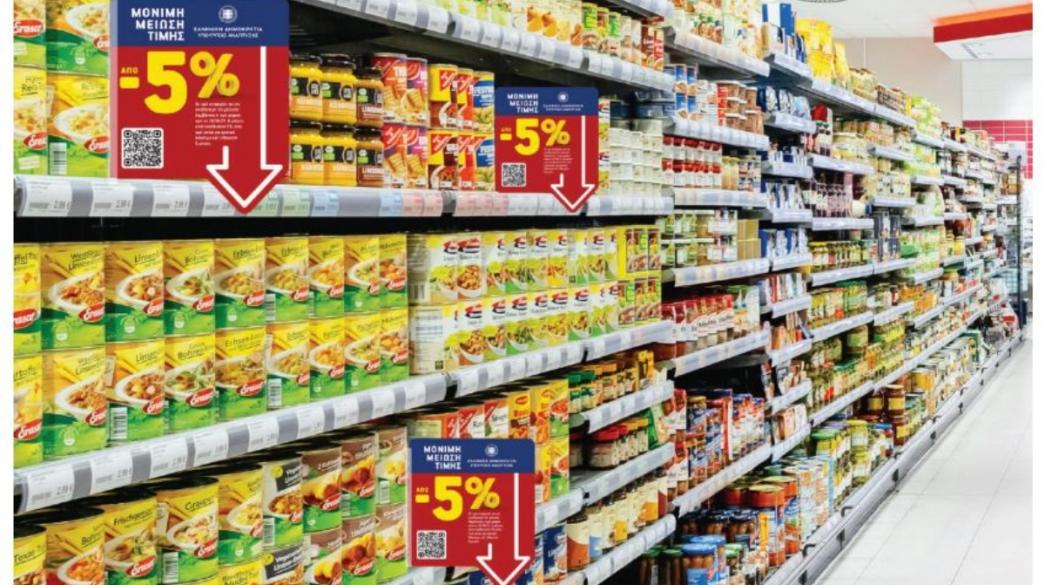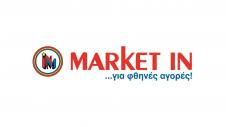The suffocating pressure which the multinational groups of consumer products have received, first of all from Prime Minister Kyriakos Mitsotakis and then from the Minister of Development Kostas Skrekas, for participating in the effort to reduce the price of several product codes by 5% for six months, seems to have finally had an effect.
According to market sources BD spoke to, already Procter & Gable and Unilever, two of the leading multinationals in the Greek market and with strong competition between them, have decided to join the government's effort. In fact, the same sources mentioned a small but interesting background that suggests the extent of the competition between them.
First of all, the initiative was taken by the American Procter & Gable, which even made it known to retailers that it was going to participate with 'several reductions', totalling 71 codes. Notwithstanding, its profitability in the 2021-2022 financial year was extremely high (net profit growth of 338% and a return on equity of 68%). It seems that the decision of the American multinational was also made known to its Anglo-Dutch competitor, which tried to confirm it through its own interlocutors. Once it had confirmed it, it took the decision to participate, without it being known yet how many codes it would reduce.
Sources in the retail sector said that within this framework of competition, further price reductions are also possible, given that on top of the 5% reduction, offers will be "dropped", in a second year of course. Moreover, in an interview with ERT yesterday, Development Minister Costas Skrekas said that according to the ministry's figures so far, prices will be reduced by 5% on 213 products. And as is known, the deadline for registration is November 30. Therefore, he said that the target of reductions in 500 products can be achieved.
However, it is of particular interest that, according to BD's information, certain multinational groups are under scrutiny, as there are indications of a breach of the profit margin cap. As BD reported a few days ago, at least two multinational groups were 'raided' by IMEA officials asking for cost data.
However, Mr. Skreka's reference to the involvement of the Competition Commission in the issue of prices is surprising, especially in view of the findings that in Greece similar products are sold at higher prices than in other EU countries.
In view of this, the minister called for a special investigation and for the punishment of multinationals that speculate. It is estimated, according to retail sources, that in non-food categories the presence of multinationals is around 90%. It is also strong in the food categories, but there is also a strong Greek presence there.









